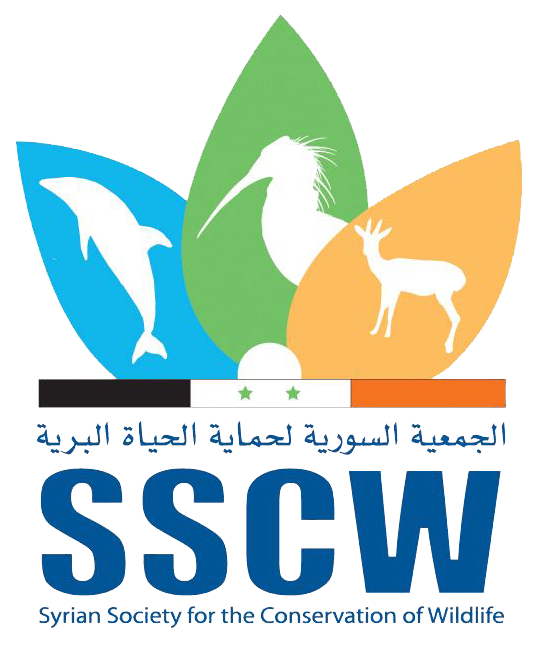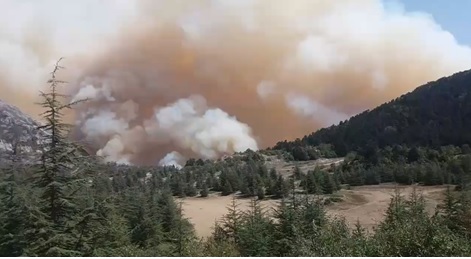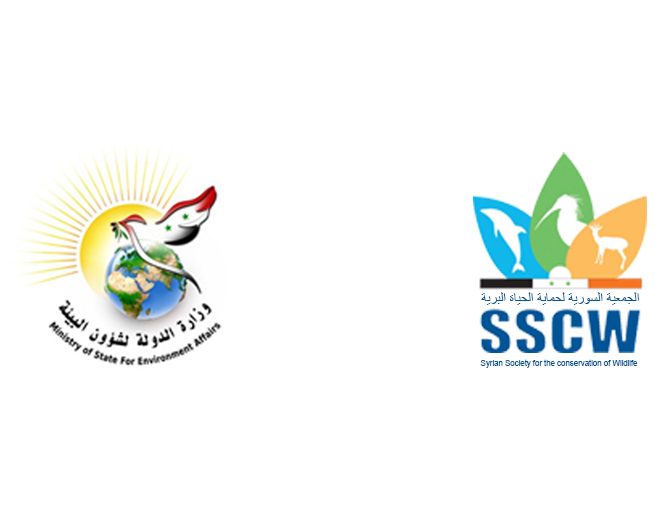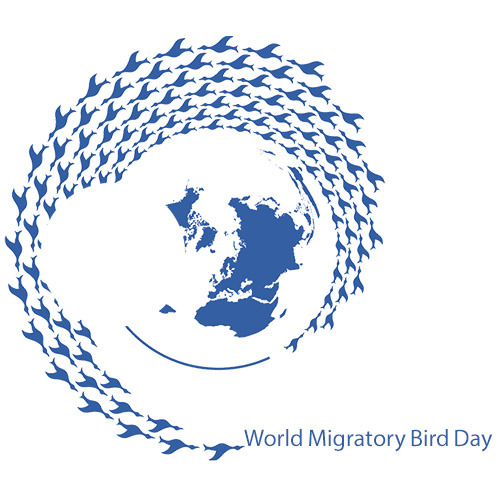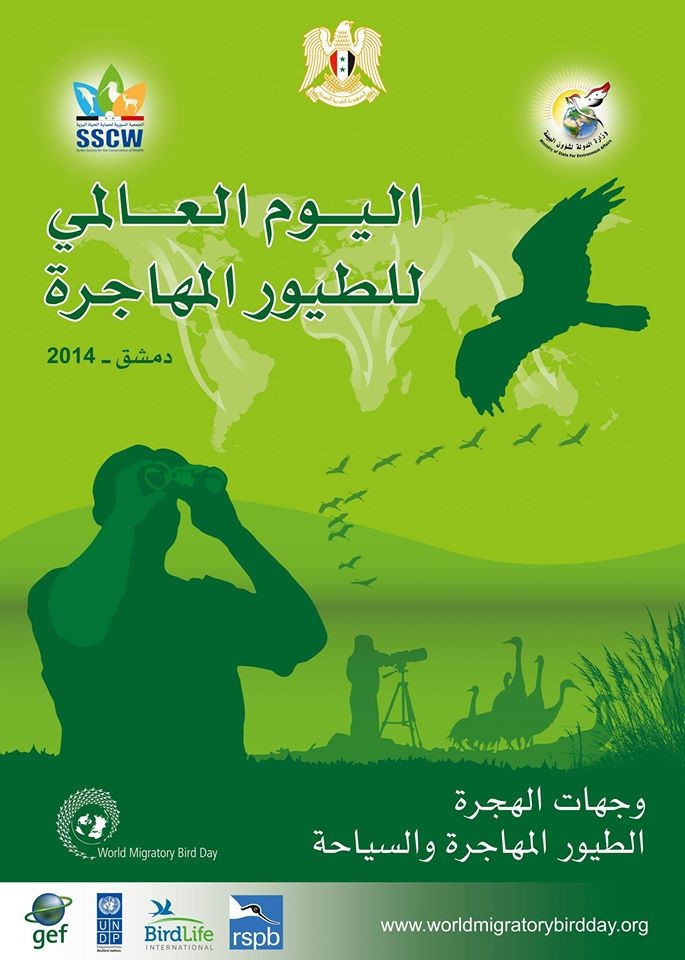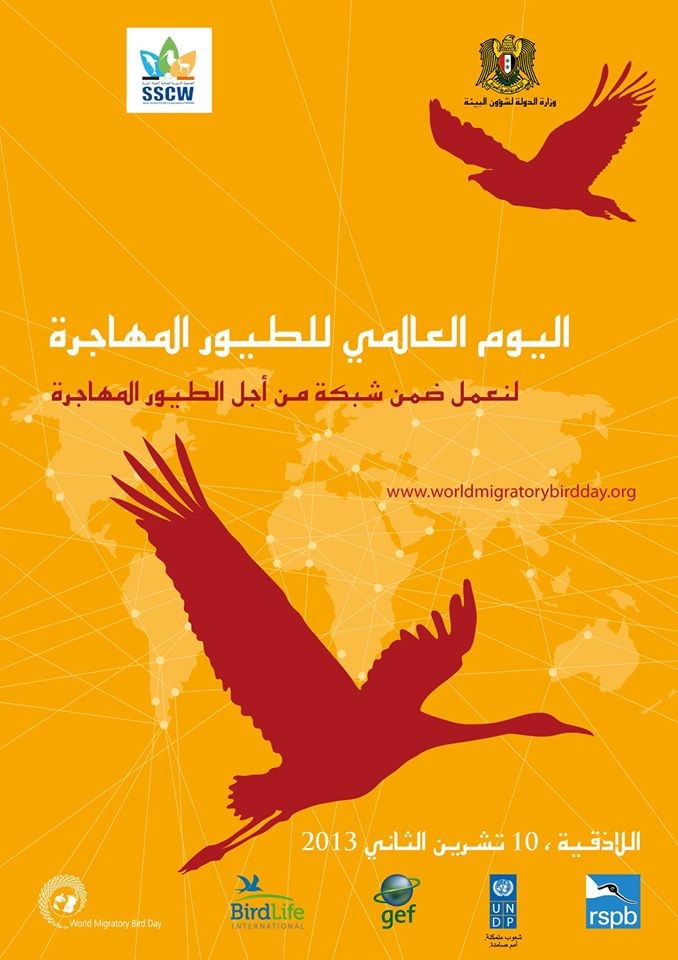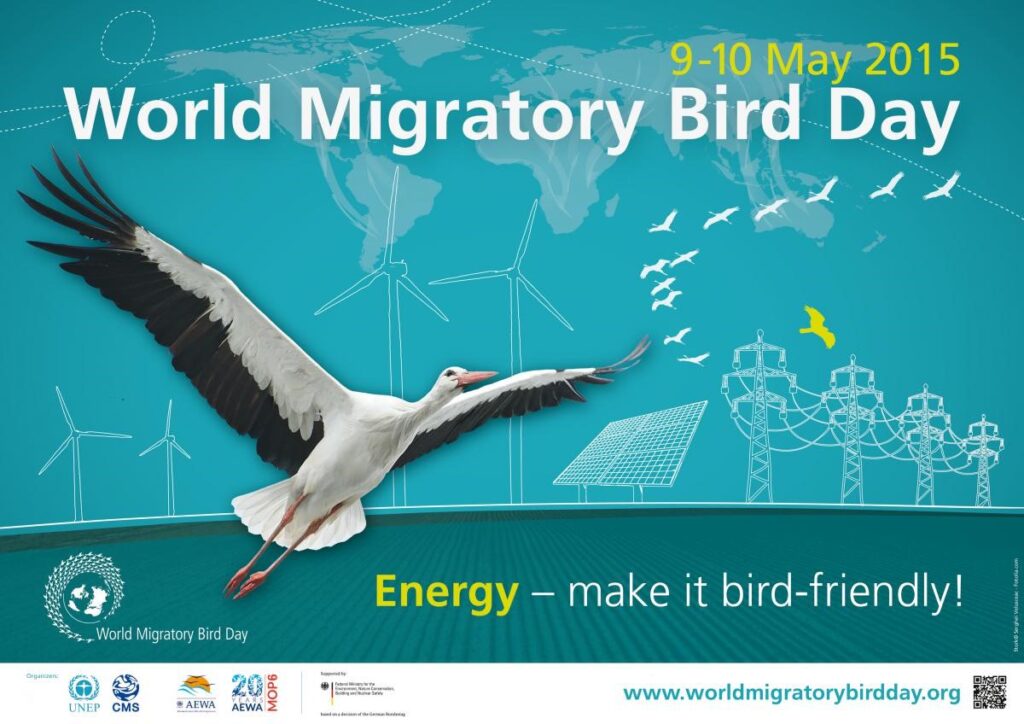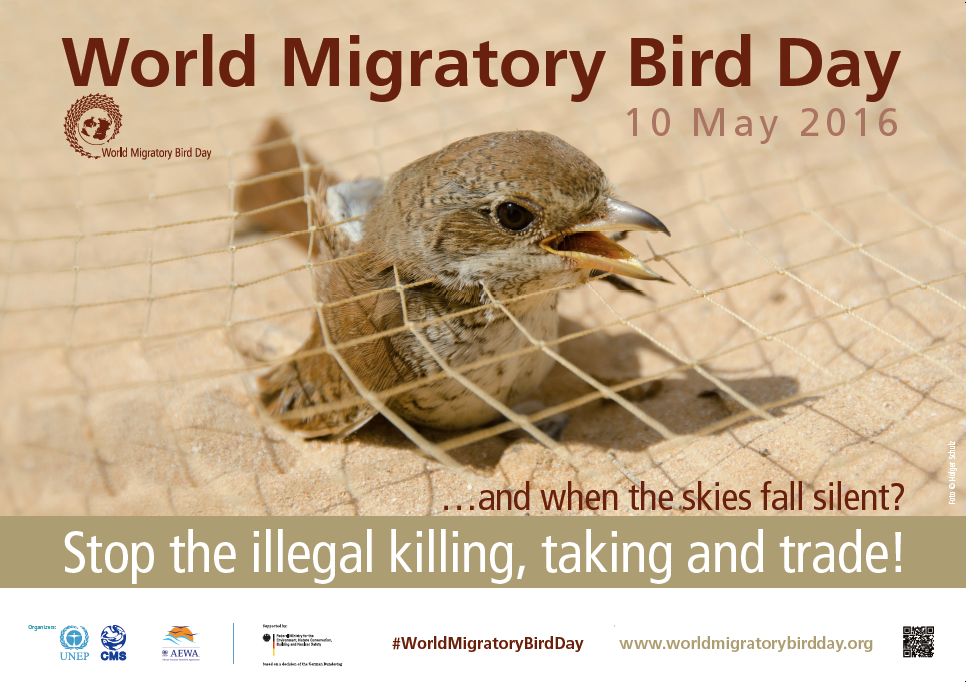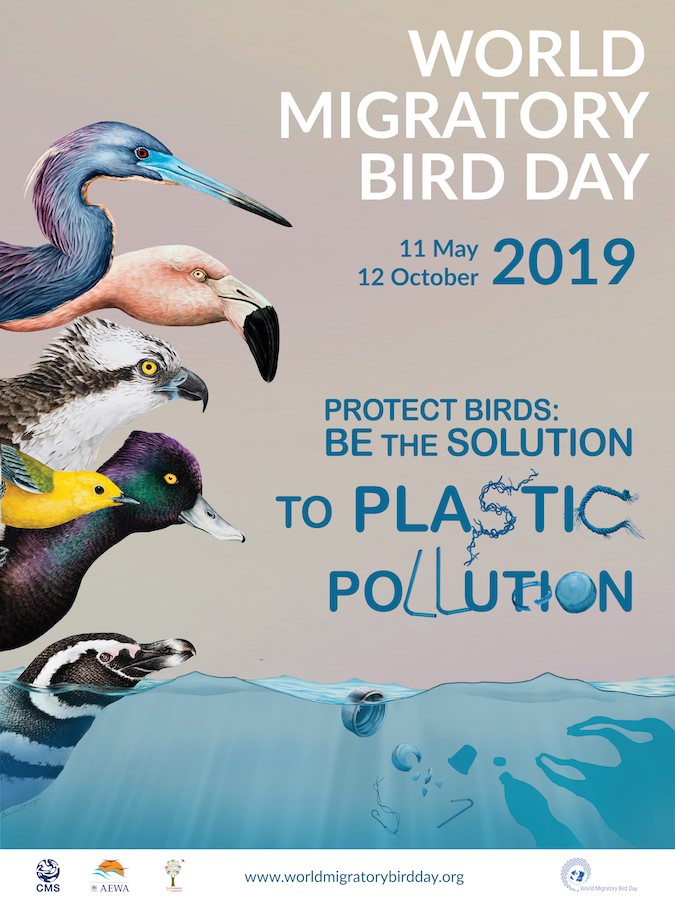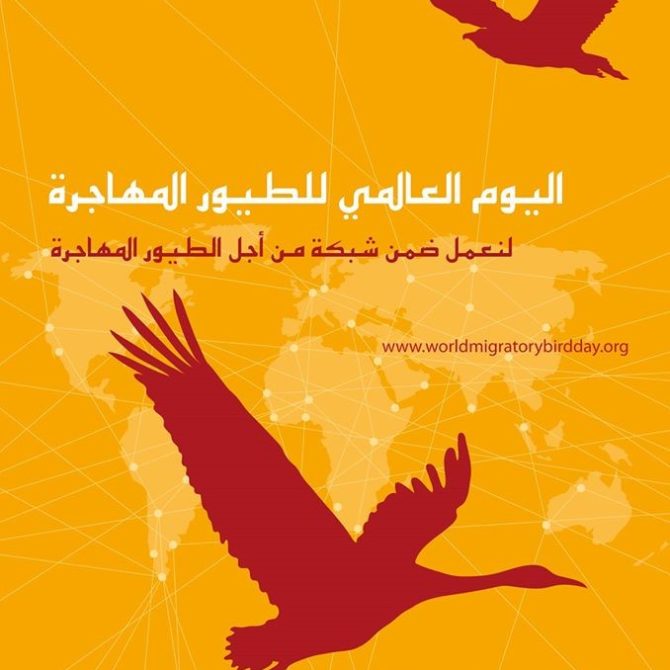
Under the patronage of the Ministry of Agriculture and Agrarian Reform (MAAR) and in cooperation with the Ministry of Local Administration and Environment (MLAE) and Birdlife International regional office, the Syrian Society for the Conservation of Wildlife (SSCW) held a consultative workshop at the Arab Cultural Center – Damascus. Presentations on the Egyptian Vulture status at the national and regional levels were presented followed by the role of SSCW in protecting the Egyptian Vulture to meet the commitments towards the environmental Agreements with the leading role of the MLAE. The protection of the Egyptian Vulture is the subject of a recently started cooperative project led by BSPB in the Balkans and partnership with Birdlife International in the Middle East and Africa to carry out conservation and awareness work in 14 countries on three continents.

